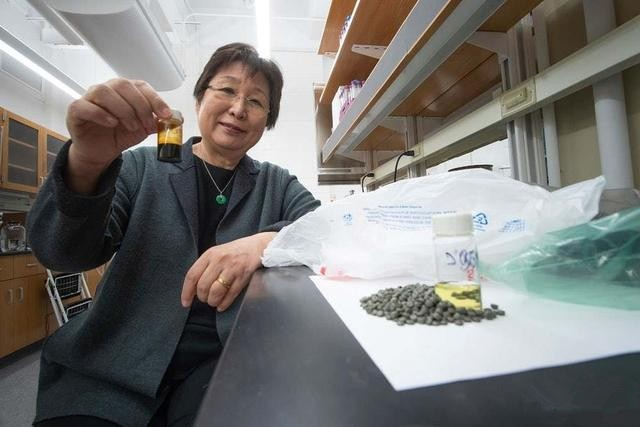A new chemical process that turns 1/4 of the world's waste plastics into clean energy
Scientists have discovered that abandoned grocery bags and other wastes can be chemically melted into other useful products such as oil and gas, MIT News reported on Feb. 11.

(source: VINCENT WALTER)
Current problem
Landfills and oceans around the world are full of plastic waste. According to UN statistics, 8.3 billion tons of plastic have been produced over the past 65 years, but only 9 percent have been recycled, with more than 8 million tons of plastic products flowing into the ocean each year, causing serious harm to marine animals.
New process principle
The technology is mainly used in polyolefin plastics, which are mainly used in grocery bags, toy bags and heat-shrinkable plastic packaging, which accounts for 23% of plastic waste. The new technology uses a process called hydrothermal liquefaction, in which polyolefin particles melt at high temperatures and then dissolve in water, which produces by-products such as oil and natural gas. The researchers published the detailed process of this approach in the journal (Sustainable Chemistry and Engineering).
Triggered thinking
The researchers say the new plastic treatment could remove 90 percent of the world's polypropylene waste. The idea of decomposing waste plastics into other useful products will be an effective way to curb the growth of plastic waste.
Copyright notice: we focus on sharing, this material from the network, if there is infringement, please contact us to delete.



